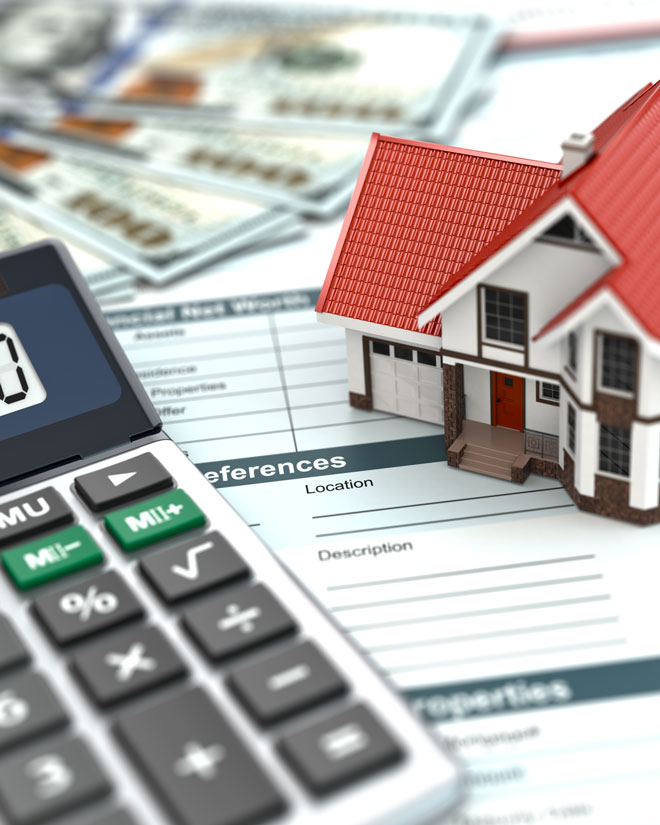A mortgage is simply a lien that is put on a property by a bank or lender of money to assist a consumer to obtain funding in order to purchase that property. Mortgages are paid in monthly installments, including interest, and are used to purchase homes, land, or other types of real estate.
What is a Mortgage?

The 3 major documents signed at most closings are:
- The Mortgage
- The Promissory Note
- The Deed (Which denotes who is the legal owner of the property)

The Mortgage
Webster’s Dictionary defines a mortgage as “A conveyance of or lien against the property that is defeated upon payment or performance according to stipulated terms”.
A mortgage states that the property is not held in full by the persons listed on the deed, but there is a claim to a title that can be made on the property if the other terms and arrangements of the repayment agreement are not met.

The Promissory Note
The repayment agreement the mortgage denotes is commonly referred to as the Promissory Note, or just “Note” for short. Unlike the Mortgage, the Note does not denote an actual lien against a property, but it represents simply a documented legal obligation to repay a loan. This obligation is generally from the person on the deed of the property to the holder of the Note. The Note is broken down into the terms of the obligation and generally is not subject to change. There can be different obligations under the terms of the Note. These would include, but are not limited to:
- A Fixed Note where the obligation remains the same throughout the term of the Note.
- An Adjustable Note (commonly referred to as an Adjustable Rate Mortgage or ARM) where the payment arrangements may change on a pre-set periodic basis during the term of the Note.
- A Balloon Note where the payment is fixed for a pre-determined period after which the balance of the loan is due and payable in full.
Generally, with a Balloon Mortgage, the party under obligation will refinance or recast their mortgage to pay off the balloon and simply assume a new loan at that point.

The Deed
The Deed denotes who is the legal owner of the property. If an individual is on the Deed, they must be on the Mortgage since there is a requirement to acknowledge that there is a lien against a property that they own. However, someone on the Deed does not necessarily need to be on the Note. This is common in marriages, where one spouse’s credit is much better than the other’s and they want to keep the spouse off the financing application in order to obtain a better interest rate. Conversely, an individual can be on the Note and not be on the Deed or Mortgage, as in the case of a co-signer.

